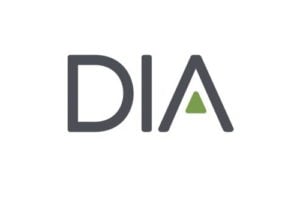Pfizer’s Kaneko Miyuki, writing in the September 2022 edition of DIA’s Global Forum magazine, shines a light on Japan’s new emergency approval system for pharmaceuticals. Enacted in the wake of the COVID-19 pandemic, Japan hopes that this new regulation will allow for a more rapid and agile response to future health crises.
As of May 2022, a new emergency approval system has been established in Japan through partial revision of the Pharmaceutical and Medical Device Act. The purpose of this revision is to “establish a mechanism for promptly approving new pharmaceutical products, medical devices, and regenerative medical products (hereinafter referred to as ‘pharmaceutical products, etc.’) in an emergency to prevent the spread of health hazards in situations such as the spread of diseases that may seriously affect the lives and health of citizens.”
Before this revision, a special approval system which relied on approval/authorization from major Western countries was used in such emergency situations (e.g., vaccines and treatments for COVID-19 and new H1N1 influenza vaccines).
The major advantage of this new system is that a product sponsor can file for this emergency approval in Japan without any pre-existing approval or emergency authorization in a Western country (e.g., emergency use authorization in US) or conditional marketing authorization in the EU, and even if all required data are not yet available. In addition, document compliance review and GCP and GMP inspections can be waived at the time of emergency approval, allowing for a quicker regulatory review response.
Although all data and inspection requirements will be imposed after the emergency approval in this revised framework, it still offers significant promise that therapeutic drugs and vaccines will be delivered to the Japanese people at the same time as in Western countries in future pandemics or other emergencies.
Efficacy and Safety Requirements
Data requirements pertaining to safety under the revised emergency approval system are the same as regular regulatory review and approval, but efficacy data is more flexible in this revised approval system.
Efficacy standard for therapeutic drugs: “Clinical trials at the level of late phase 2 trials fall under this category, and Japanese data may not be required depending on the target drug.”
Efficacy standard for vaccines: “If significant results have been obtained in a confirmatory large-scale clinical trial conducted outside Japan, clinical trial results on Japanese subjects in Japan may not be necessary.”
Regarding the confirmatory clinical trial data that must be submitted after the emergency approval: “If it is reasonably considered difficult to complete confirmatory clinical trials after the emergency approval, methods to confirm efficacy using real-world data such as post marketing surveys and/ or patient registries etc. may be considered.” Accepting these alternate data sources, even under the limited circumstances of emergency approval, represents a step forward from only accepting data generated through traditional clinical trial methods.
To read the full article, visit the DIA Global Forum website.



